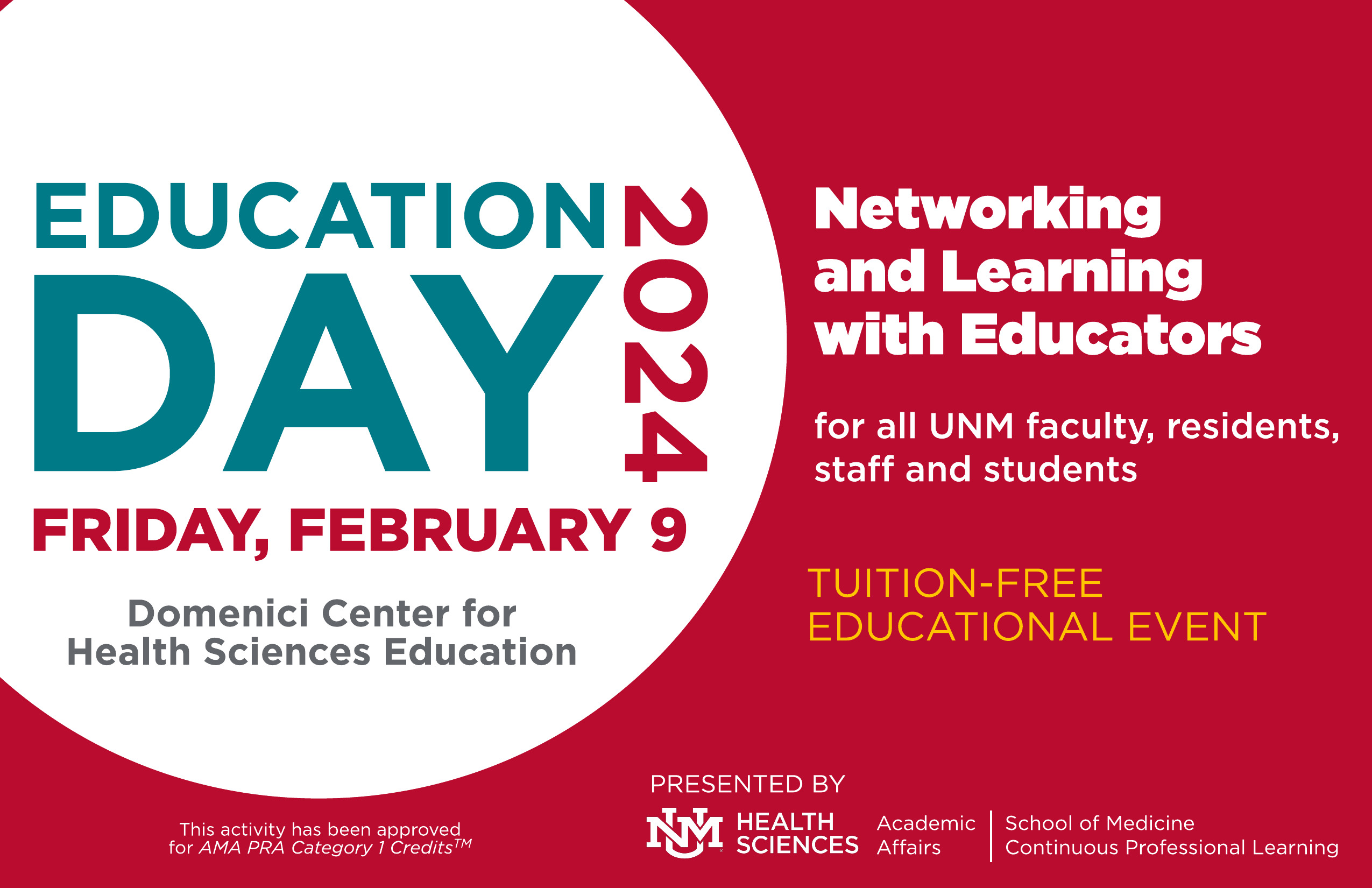
HSC Education Days
Minorities in Community Medicine: Studying the Efficacy of a 1:1 Mentorship Program for Underrepresented Minoritized Pre-Medical Students
Document Type
Poster
Publication Date
4-29-2022
Abstract
Medical schools many minoritized students are faced with numerous barriers that make their path into the field more difficult. Some institutions have attempted to develop pipeline programs to increase retention and matriculation of minoritized high school students. By establishing a pipeline program that provides clear mentorship and guidance to disadvantaged underrepresented undergraduates could potentially lead to an increase in diverse medical school applicants and eventually a more diverse health profession workforce. The medical student run mentorship program, Minorities in Community Medicine (MCM) was established to diversify the healthcare field. The aim of the program is to provide support and guidance to undergraduate students of the global majority interested in medical school. The priority of the program is to match disadvantaged underrepresented undergraduate students with mentors who can foster their growth in the healthcare field. Undergraduate students in the program also participate in a voluntary longitudinal study to track students who apply and matriculate into medical school. Pre and post volunteer surveys were administered to participants at the beginning of the program and at the end of the eight months. The surveys were then analyzed to evaluate the students’ knowledge in medical school curriculum and confidence applying to medical school. The preliminary data has shown some significance in the student’s knowledge pertaining to the medical school application in areas such as knowledge on the MCAT scores needed to apply to medical school and knowledge on writing personal statement and CV. The data was limited to the few students who answered both the pre and post survey. However, given that this is a longitudinal study, we will continue to collect further data of the upcoming cohorts to strengthen our study and show that programs like these can make underrepresented minoritized students more competitive and better candidates for medical school.
Recommended Citation
Garcia, Angelica R.; Lizzet Castillo; Mirella Galvan De La Cruz; and Krystal Chan. "Minorities in Community Medicine: Studying the Efficacy of a 1:1 Mentorship Program for Underrepresented Minoritized Pre-Medical Students." (2022). https://digitalrepository.unm.edu/hsc_ed_day/127


